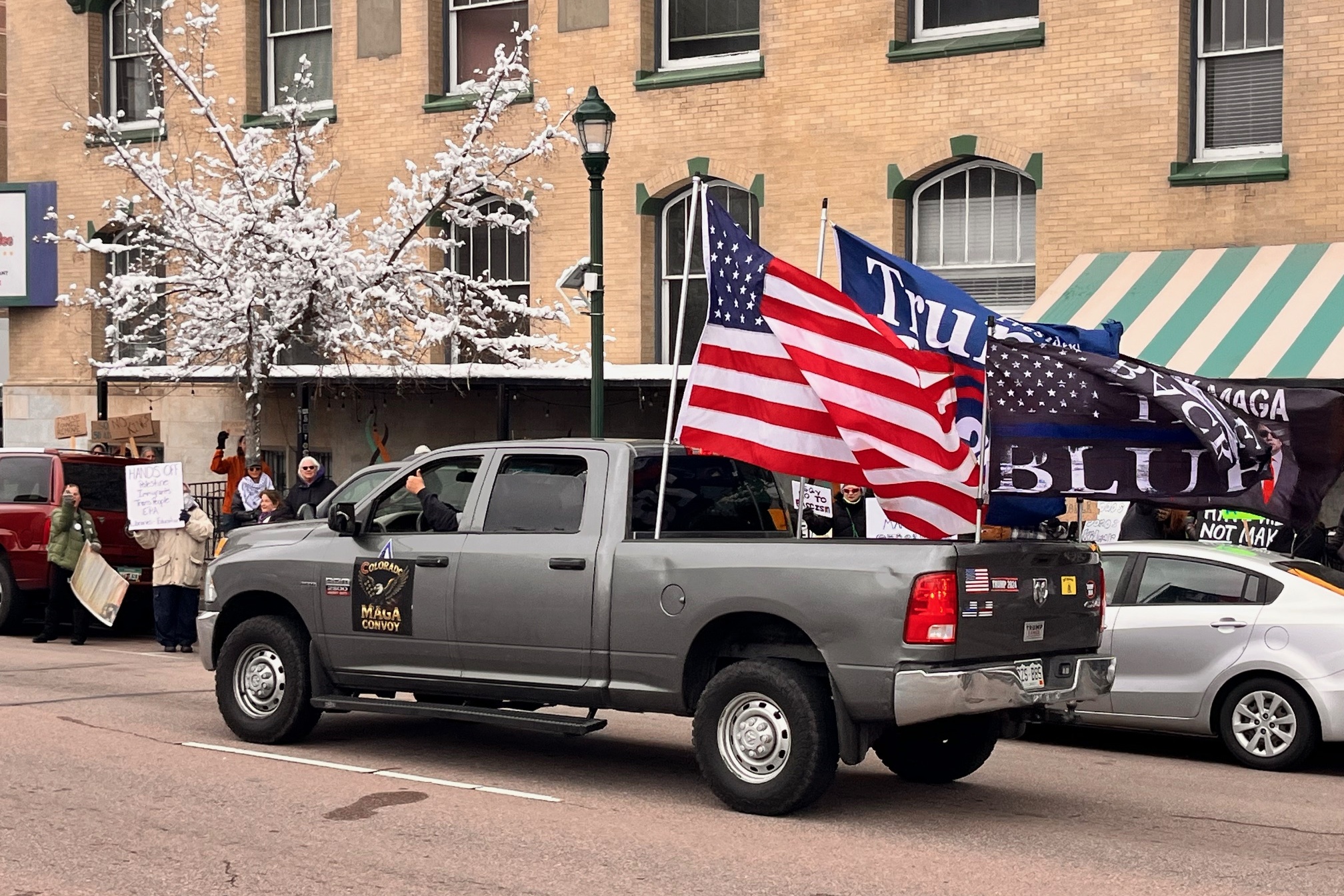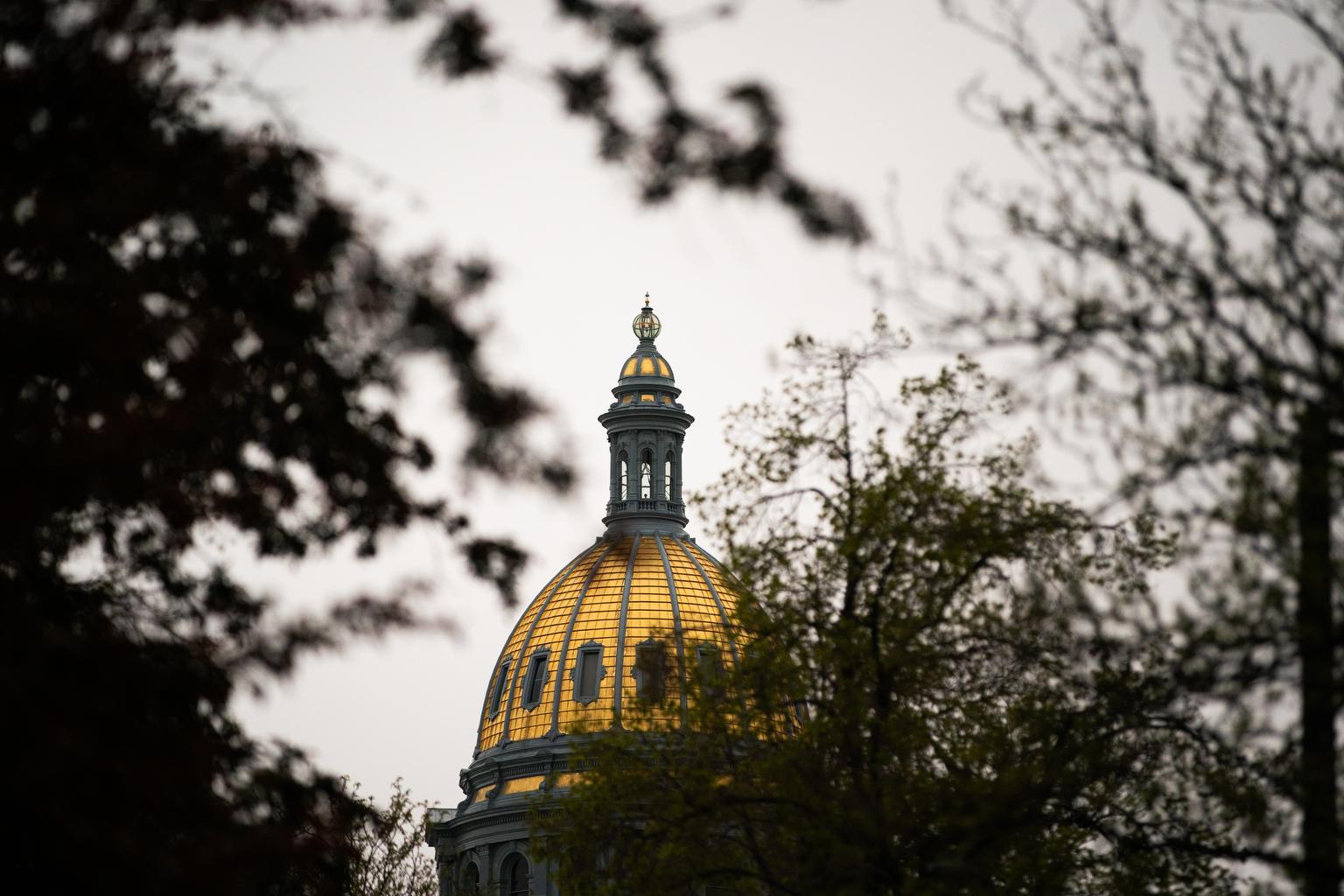Originally published on April 3, 2019 4:54 pm
Cities and counties that have spent years fighting for more regulatory power over the state’s oil and gas industry are now just one signature away from getting it.
Democrats in the Colorado Senate gave their final approval on Wednesday to Senate Bill 181, which will let local governments increase setbacks and impose fines for spills and air quality violations.
It now heads to Gov. Jared Polis, who is expected to sign it.
It took 34 amendments and some concessions to the energy industry for the bill to survive weeks of debates and filibuster attempts from Republicans who opposed it.
Senate Majority Leader Steve Fenberg, D-Boulder, said the final bill isn’t perfect. But he predicts it will lead to tighter regulations that will protect residents from such things as noise and air pollution.
“Oil and gas is moving closer to where people are. People are moving closer to where oil and gas is, and we need to make sure we have a framework for that scenario that makes sense for modern day,” he said.
One of the amendments to the bill specifies that local governments can only adopt regulations that are “necessary and reasonable.”
Fenberg said he made the change to put some guardrails on cities’ regulatory power and to address concerns from the energy industry that drilling would be banned around the state.
“There is now kind of a new frontier for oil and gas regulations in Colorado,” Fenberg said. “And I think we are still going to have conflicts, we are still going to have court cases. We are going to have more learning moments … This is a work in progress, but I believe the bulk of the work is done.”
All the Republicans in the Colorado Legislature voted against the bill. Even after the measure was amended, they predicted the changes would drive the energy industry away and hurt the state’s economy.
Sen. Bob Rankin represents Garfield County, which houses a large proportion of the state’s natural gas wells.
“I believe we’re headed for a (drilling) ban in some counties and much more restriction in others,” Rankin said.
Capitol Coverage is a collaborative public policy reporting project, providing news and analysis to communities across Colorado for more than a decade. Eleven public radio stations participate in Capitol Coverage from throughout Colorado.
Copyright 2019 KUNC. To see more, visit KUNC.








